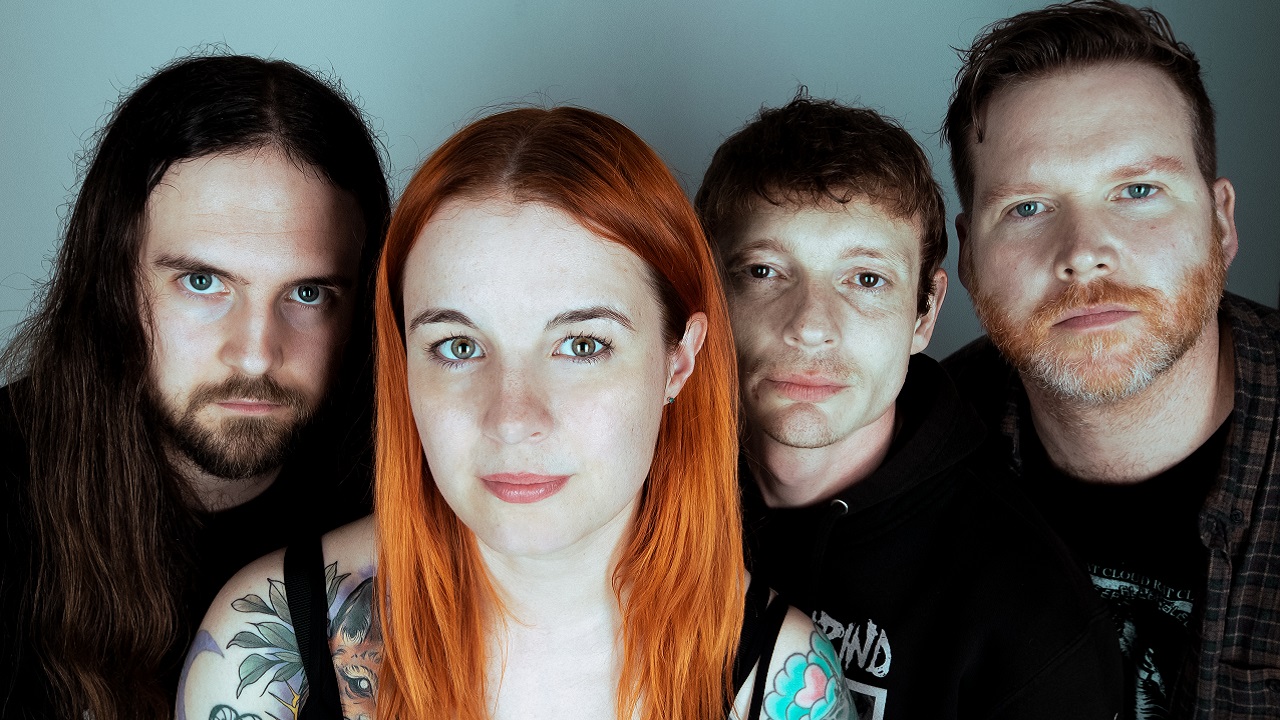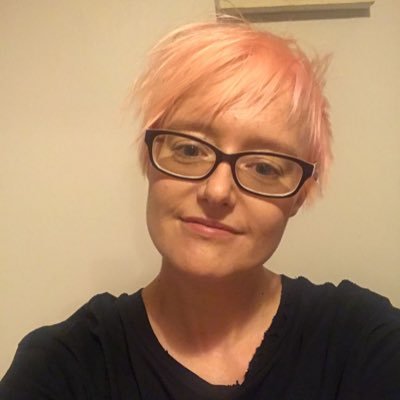Since they emerged in 2011, Svalbard have cemented themselves as one of UK metal’s brightest – and most outspoken – hopes. Through their blackened post-metal, the Bristol band have tackled issues such as abortion rights, misogyny, revenge porn and mental health.
Freshly signed to Nuclear Blast, Hammer caught up with Serena Cherry and Liam Phelan to find out what to expect from the follow-up to 2020’s stunning When I Die, Will I Get Better?.

So where are Svalbard going sonically on your new album?
Serena [vocals/guitar]: “I’d say we’ve dug even deeper on this album, both musically and lyrically. There are new instruments that we’ve never used before. Liam played some violin on this one! In terms of the sound, it’s a cliché to say the album is even heavier, but it certainly isn’t softer, put it that way.”
Liam [vocals/guitar]: “The heavier bits are more aggressive. The guitars sound really direct, and all the softer sections sound even dreamier. And even though it’s more expansive, it all fits together very well. I think it’s very cohesive.”
Serena: “It’s a bit Jekyll and Hyde. When we’re going hard, look out.”
What made you want to experiment?
Serena: “We wrote a song that was intended to be a bonus track, originally. Once Liam added all his layers of violin, we all sat there thinking, ‘Wow, this sounds like a completely different song.’”
Liam: “We tried [violin] on the last album, but it didn’t sound right. This time, everything fell into place, and it felt really natural, like it was elevating Svalbard into something else. It was exciting to see it build into something better than you could imagine.”
What are the new songs about?
Serena: “Lyrically, this is not a political record. It’s more inward and emotional. I’d liken it to walking down a dark path and confronting your own demons within your head. There are two themes on this album – mental illness and love – and how those two things impact on each other, usually in a negative way, and the kind of isolation that accompanies struggling with mental illness. It’s a very inward-looking record. It’s all about me. It’s not about anything going on outside the walls within my own head.”
The last album was written at a very difficult time in your life, Serena. Is there more hope on this album?
Serena: “I’d say it’s less hopeful! There’s not a ray of sunshine or hope in this album at all. If When I Die, Will I Get Better? was a journey through a tunnel with the light at the end, this is the opposite. This is, ‘You’ve had a glimpse of the light and now you’re back in the tunnel, walking through towards the train.’”
Was it a difficult album to make?
Serena: “I think it’s therapeutic now that it’s done. It’s that transformative power of music, where you can take all your worst thoughts and your inner demons, and release them into a song that becomes the flower blossoming from a pile of shit.”
Serena, since the last Svalbard record you recorded your own BM project, Noctule. Did you learn anything from that process that you’ve brought back into your work with Svalbard?
Serena: “Going from writing an album completely by yourself to coming back in with the band really reinvigorated my love of working with other people. But also, when I was recording Noctule, I was very hard on myself with the vocals. I did so many takes to develop my vocal to be the best it could be, and I think that has carried over onto this album. This is the first Svalbard album where I haven’t lost my voice when we’ve recorded it. It’s not just screaming for the sake of making a noise. I developed my technique to really convey the emotions in the lyrics.”
Svalbard's new album The Weight Of The Mask is due October 6 via Nuclear Blast

